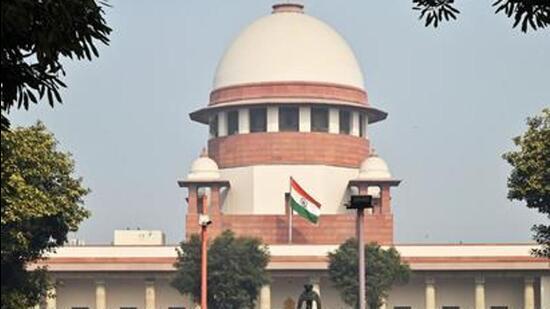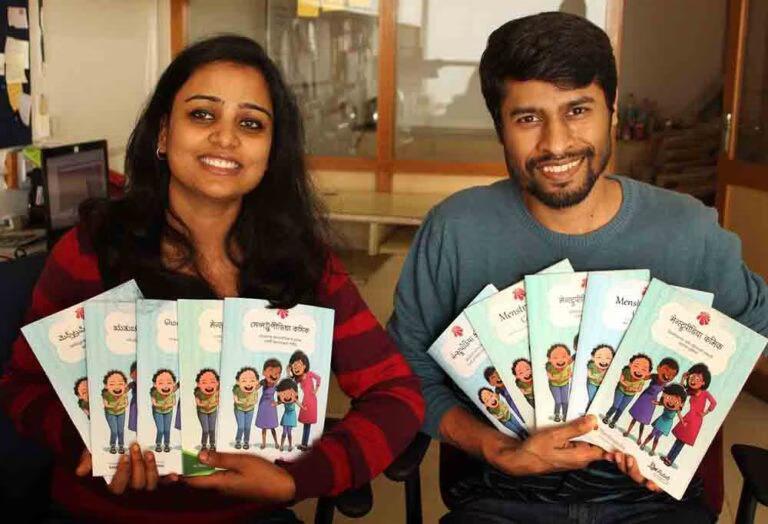
Calling someone ‘Miyan-Tiyan’ & ‘Pakistani’ not an offence: Supreme Court
In a recent ruling, the Supreme Court of India has stated that calling someone “Miyan-Tiyan” and “Pakistani” is in poor taste but does not constitute a criminal offence. The case in question revolved around an 80-year-old man who was accused of hurling abuses at an Urdu translator in Jharkhand.
The incident took place when the 80-year-old man allegedly used abusive language against the translator, including referring to him as “Miyan-Tiyan” and “Pakistani”. The translator, understandably, felt offended and filed a case against the elderly man.
However, the Supreme Court has now closed the case, stating that the remarks made by the 80-year-old man do not amount to hurting the religious sentiments of the translator. This ruling highlights the importance of free speech and the need to strike a balance between protecting the sentiments of individuals and upholding the right to freedom of expression.
In its ruling, the Supreme Court emphasized that while the remarks made by the 80-year-old man may be considered offensive or in poor taste, they do not constitute a criminal offence. The court also noted that the translator had failed to provide sufficient evidence to prove that the remarks were intended to hurt his religious sentiments.
This ruling comes at a time when there is a growing trend of using offensive language and making derogatory remarks about individuals based on their religion, caste, or ethnicity. In such a polarized environment, it is crucial to uphold the right to freedom of expression while also protecting the sentiments of individuals.
The Supreme Court’s ruling is also significant because it highlights the importance of context in interpreting the intent behind a remark. In this case, the court has taken into account the fact that the 80-year-old man may have been speaking in a local dialect and may not have intended to hurt the translator’s religious sentiments.
However, it is also important to note that the court’s ruling does not condone the use of offensive language or derogatory remarks. Rather, it emphasizes the need to exercise caution and sensitivity when engaging in public discourse, particularly when it comes to issues related to religion, caste, or ethnicity.
In conclusion, the Supreme Court’s ruling is a significant development in the ongoing debate about free speech and the need to protect the sentiments of individuals. While the remarks made by the 80-year-old man may be considered offensive or in poor taste, they do not constitute a criminal offence. The court’s ruling highlights the importance of context and intent in interpreting the intent behind a remark, and emphasizes the need to exercise caution and sensitivity when engaging in public discourse.






